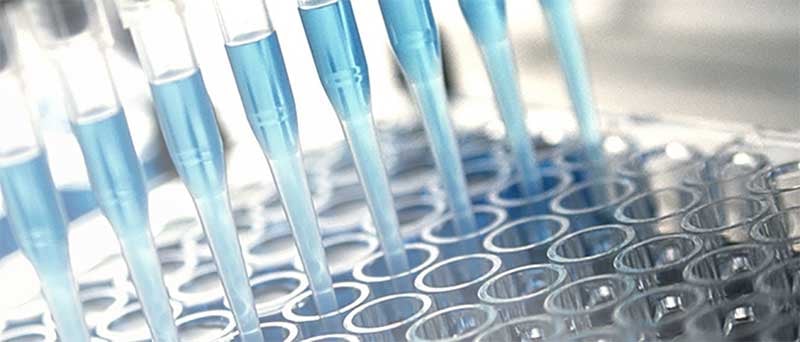BARD1 Life Sciences Limited (ASX:BD1) has confirmed that researchers from Griffith University’s Institute for Glycomics and the University of Adelaide have submitted information showing that SubB2M can be used to detect all stages of breast cancer from blood samples with 100% specificity and over 95% sensitivity over healthy controls.

The manuscript was presented to an international peer reviewed journal that discloses the full data, methods and results underlying a previously announced poster presentation.
The manuscript describes further important details on the SubB2M-based surface plasmon resonance (SPR) assay for breast cancer detection, including that the SPR-assay was able to detect common (invasive ductal carcinoma and invasive lobular carcinoma) as well as rare forms (mucinous carcinoma) of breast cancer, supporting its utility across multiple breast cancer subtypes and the potential widespread commercial viability.
This independent SubB2M study was supported by a grant from the US Department of Defense.
BARD1 was recently awarded funding from MTPConnect’s Biomedical Translation Bridge (BTB) programme to develop SubB2M-based tests for breast cancer detection and monitoring. The BTB programme is provided by the Australian Government’s Medical Research Future Fund, with support from the Medical Device Partnering Programme.
BARD1 CSO Dr Peter French said that once published, the company expects that this manuscript will add to the mounting data supporting the use of SubB2M as a novel probe for detection of a range of cancers.
“SubB2M binds to the sugar Neu5Gc which is known to be a highly specific marker for cancer. BARD1 is working with Griffith University’s Institute for Glycomics and the University of Adelaide to develop SubB2M alone and in combination with other tissue-specific cancer markers as highly-specific tests for breast and ovarian cancers.”
Griffith University’s Professor Mike Jennings said the SubB2M technology has proved to have exquisite sensitivity and specificity for detection of cancer-associated sugar in serum of both breast and ovarian cancers.
“We are now working with BARD1 to develop first-in-class SubB2M-based enzyme-linked immunosorbent assays (ELISAs) that are specific for breast and ovarian cancers, with potential commercial uses for both monitoring and early detection.”
BARD1 CEO Dr Leearne Hinch said a SubB2M-based blood test for breast cancer has the potential to enable earlier detection, inform treatment decisions and improve health outcomes for women diagnosed with this deadly cancer.
“It is very pleasing that this exceptional breast cancer data has now been submitted for peer review.
“The SubB2M technology is a potential game-changer for developing highly specific blood tests for detection of multiple cancers.
“BARD1 initially plans to develop and commercialise SubB2M-based blood tests for monitoring treatment response and recurrence in patients already diagnosed with breast cancer.
“The company then plans to undertake further studies to expand indications for use as a screening test for early detection of breast cancer in asymptomatic women.”




